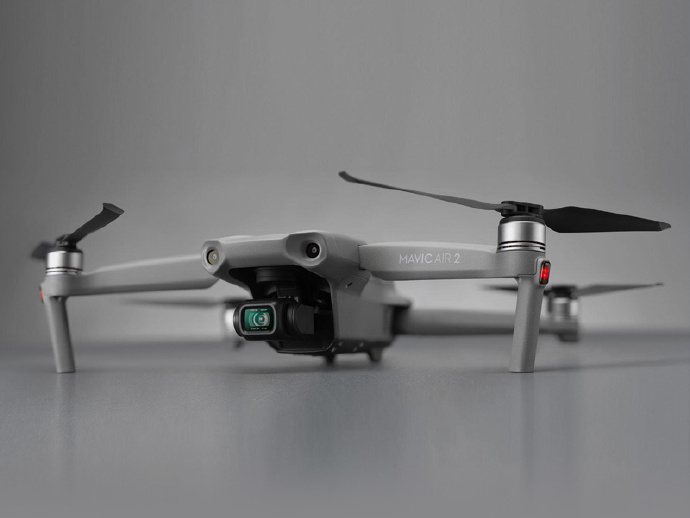In recent years, the development and deployment of suicide drones, also known as loitering munitions, have revolutionized modern warfare. These drones are designed to hover over battlefields, waiting for a target to present itself. Upon identifying a target, they become a self-destructing weapon, hence the term “suicide.” This technology has not only changed how military strategies are executed but also impacted global security dynamics profoundly.
Suicide drones are often equipped with advanced AI systems that enhance their precision and decision-making capabilities, making them a formidable tool in the arsenal of any modern military force. By reducing collateral damage and narrowing strike scope, these drones present a strategic advantage that is both surgical and efficient. This innovation is particularly significant as it minimizes potential harm to civilians, a critical factor in ethical warfare.

Suicide drones also excel in scenarios requiring surprise and stealth. Their ability to loiter undetected until a target is identified enables them to become an unseen threat in battle zones. The psychological impact on enemy forces cannot be understated as they are forced to remain vigilant against these invisible threats that could strike at any moment, dramatically shifting wartime paradigms.
The Ethical Dilemma
As with any technological advancement, suicide drones bring with them ethical questions and concerns. The autonomous nature of these drones begs the question of accountability in the event of errors or unintended consequences. How should warfare laws evolve to incorporate these new technologies? Discussions among global leaders, policy makers, and ethical committees continue to address these issues, aiming to create a framework that responsibly integrates such advancements.
Innovation in Action
Several countries have already led pioneering efforts in suicide drone technology. Israel, for instance, is a recognized leader in the production and deployment of these drones, seeing them as a crucial component of modern defense systems. Their effective use in various military engagements has showcased the efficiency and reliability of suicide drones as strategic assets.
FAQs
Q: What are suicide drones?
A: Suicide drones are unmanned aerial vehicles equipped with explosives, capable of hovering over targets and striking them when identified.
Q: Why are they called ‘suicide’ drones?
A: They’re termed ‘suicide’ because they self-destruct upon impact with the target.
Q: Are there ethical concerns?
A: Yes, the autonomous nature of suicide drones raises ethical questions about accountability and decision-making in warfare.